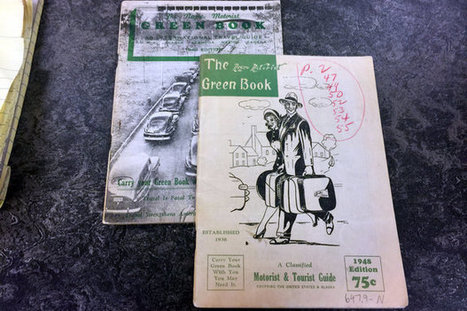"The Whitney Plantation near Wallace, Louisiana, is the first and only U.S. museum and memorial to slavery. While other museums may include slavery in their exhibits, the Whitney Plantation is the first of its kind to focus primarily on the institution. John Cummings, a 78-year-old white southerner, has spent 16 years and more than $8 million of his own fortune to build the project, which opened in December of last year.
Cummings, a successful trial attorney, developed the museum with the help of his full-time director of research, Ibrahima Seck. The duo hope to educate people on the realities of slavery in its time and its impact in the United States today. 'The history of this country is rooted in slavery,' says Seck. 'If you don’t understand the source of the problem, how can you solve it?'"
Tags: race, conflict, racism, historical, the South, landscape.



 Your new post is loading...
Your new post is loading...

















Additionally, here is a list of 13 honest books about slavery that young people should actually read.